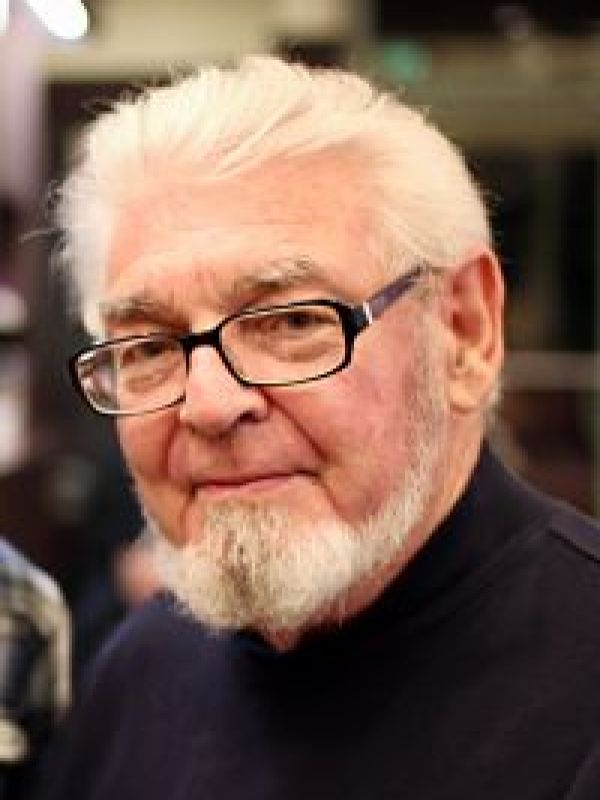Carl Harris
Carl Harris passed away on May 14th in Santa Barbara. He grew up in Jennings, Louisiana on his parents’ rice farm along with younger siblings Velma and Lee. They were among a group of farm families in the area who were members of the Church of the Brethren. His father, Glenn, was minister of the local church, and his mother, Ethel, was director of music. In line with the church’s pacifist stance, Carl was a conscientious objector, at the time the only one in Louisiana. Carl attended McPherson College before going to Yale Divinity School for a year. He spent two years in Hamburg, Germany with the Brethren Volunteer Service, working with youth organizations during the postwar period of rebuilding. After returning from Germany, he married Judy Harms, who had also been a BVS volunteer in Germany, and began graduate studies in history at the University of Wisconsin, Madison.
Carl completed his PhD in 1968 and moved with Judy and 9-month old son David to Santa Barbara, where he joined the history department at UCSB. His daughter Susan was born two years later. Carl remained a professor at UCSB for the rest of his life, retiring from teaching several years ago but remaining a professor emeritus and continuing work on research and writing projects. During parts of his career he was deeply involved in campus politics, and also served on Academic Senate committees. Carl married two more times, to Sung-in Ch’oe, a colleague from UCSB, and finally to Lisha Wong Harris.
Carl was a keen card player, preferring games involving tricks and trump suits. He enjoyed department softball games as a young professor, and took up tennis seriously in his thirties and forties. He had a lifelong passion for classical music, including the great German composers and German and Italian opera. He sang in the Santa Barbara Oratorio Chorale for many years, often writing their program notes.
Carl specialized in the history of the American South, focussing on race relations and political alignments in the years between the Civil War and Civil Rights Movement. Early in his career he was an innovator in using computers to analyze large sets of data, in his case congressional voting records from the late nineteenth century. In his later work he focussed on the establishment of patterns of segregation in housing and education during Reconstruction, integrating theories such as ingroup bias from the field of social psychology, and looked at how the historical and cultural contexts of different historians affected their interpretations of the period. His work as a teacher and mentor were central to Carl’s career. He continuously worked to refine and improve syllabi and lectures, and is remembered by his students as an especially thoughtful and generous advisor.
Carl is survived by his sister Velma, his wives, his two children, and his grandson Otto. A memorial gathering will take place the weekend of June 23rd at UCSB.

